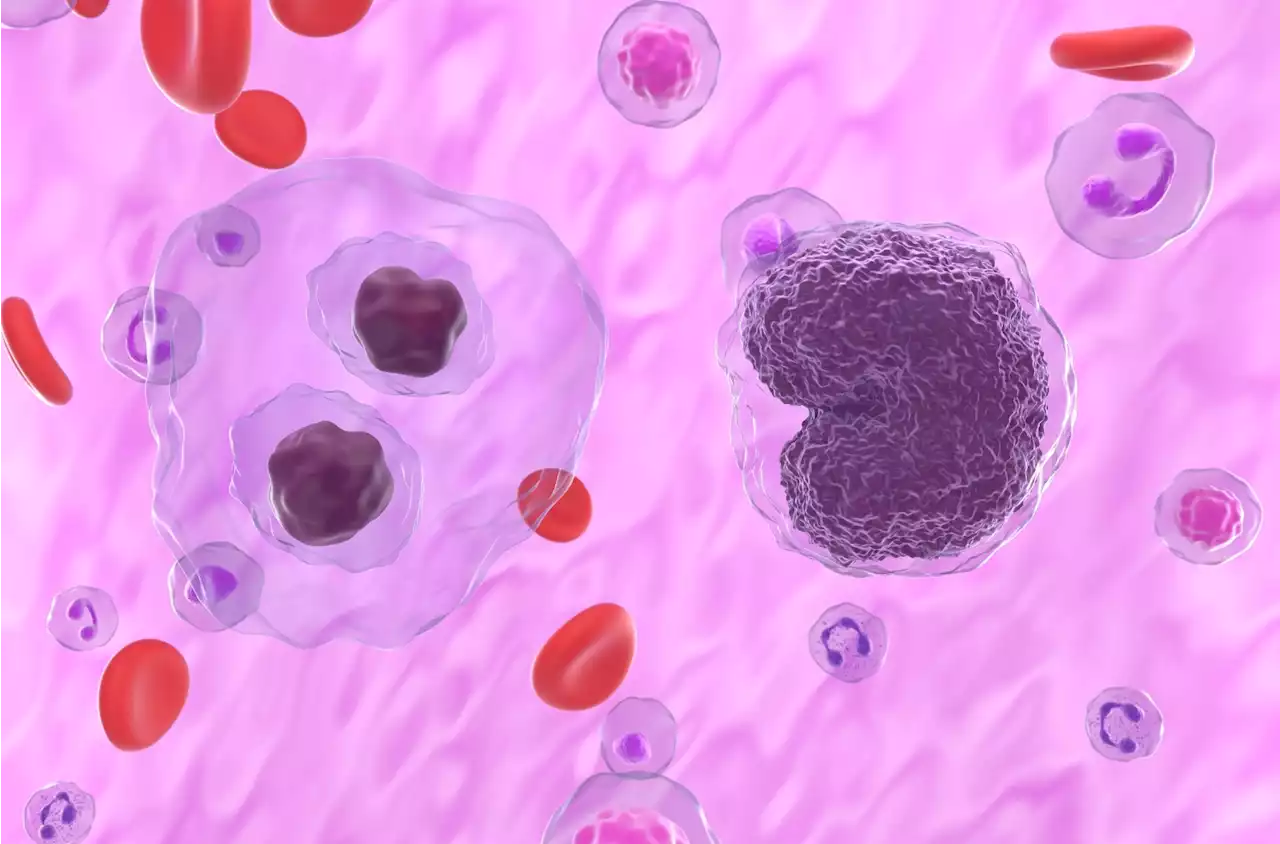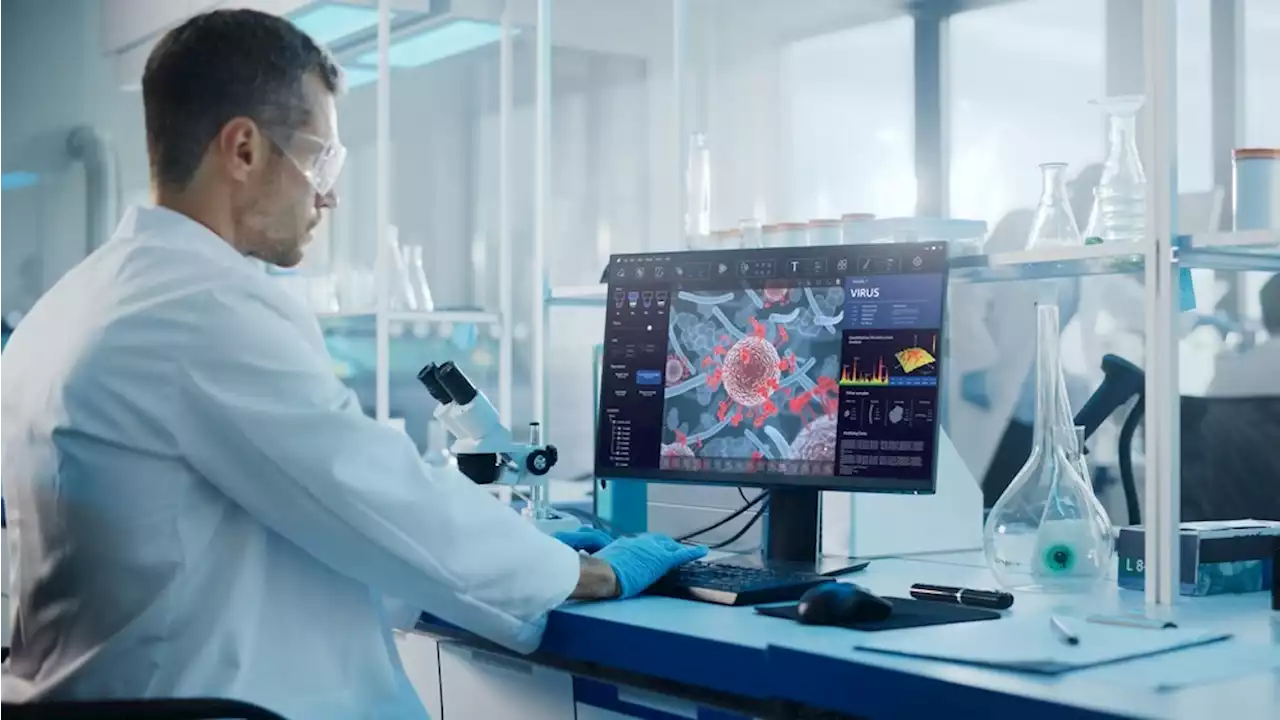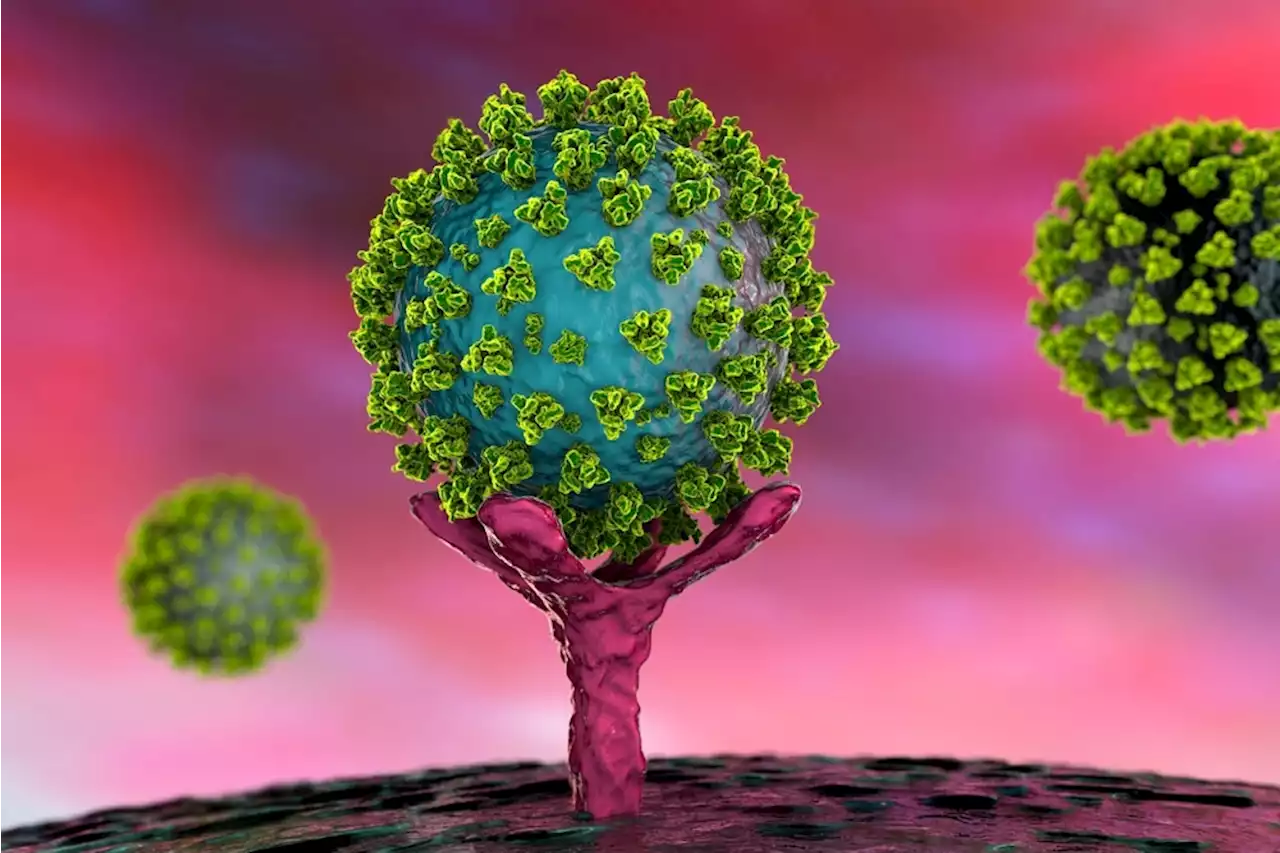What is the impact of COVID-19 and organophosphates on cardiac health? ElsevierConnect UW COVID19 SARSCoV2 CardiacHealth Organophosphates
By Pooja Toshniwal PahariaOct 17 2022Reviewed by Aimee Molineux In a recent review published in Toxicology and Applied Pharmacology, researchers discussed the impacts of organophosphates and severe acute respiratory syndrome coronavirus 2 infections on cardiovascular health.
SARS-CoV-2-mediated CVS injury SARS-CoV-2 disrupts cytokine homeostasis, redox balance, and angiotensin-II/AT1R axis to promote CVS injuries. The SARS-CoV-2 receptor, angiotensin-converting enzyme 2 , is expressed in cardiac pericytes. SARS-CoV-2-induced oxidative stress, cytokine storm, and disrupted renin-angiotensin system could further escalate COVID-19-associated CVS issues in patients. Elevated angiotensin II levels can cause cardiomyocyte hypertrophy.
Cardiac injury can be identified by elevated troponin I and T levels and N-terminal pro-B-type natriuretic peptide, fast and irregular heartbeats, markedly reduced ventricular systolic function, and reduced ejection fraction, higher D-dimer levels, fibrinogen degradation products, longer prothrombin time, and activated partial thromboplastin time. In addition, abnormal electrocardiogram findings such as ST elevation, prolonged Q-Tc interval, and T wave inversion have been reported.
Being a prominent cholinesterase inhibitor, OPs can fuel arrhythmia, coronary artery disease, and congestive heart failure. Irregular pulse rates, torsades de pointes, right bundle branch block with atrial fibrillation, and polymorphic ventricular tachycardia have been reported. In rats, OP poisoning has caused loss of transverse striations, wide interfascicular spaces, cytoplasmic vacuolization, and separation of myofibrils in cardiac muscles.
Danmark Seneste Nyt, Danmark Overskrifter
Similar News:Du kan også læse nyheder, der ligner denne, som vi har indsamlet fra andre nyhedskilder.
 Did the diagnosis and management of Hodgkin lymphoma differ during the SARS-CoV-2 pandemic?In a new study, researchers evaluated the impact of the SARS-CoV-2 pandemic on the diagnosis and treatment of classical Hodgkin lymphoma (cHL) patients in Istanbul, Turkey.
Did the diagnosis and management of Hodgkin lymphoma differ during the SARS-CoV-2 pandemic?In a new study, researchers evaluated the impact of the SARS-CoV-2 pandemic on the diagnosis and treatment of classical Hodgkin lymphoma (cHL) patients in Istanbul, Turkey.
Læs mere »
 Reduced initiation and duration of breastfeeding in SARS-CoV-2-positive mothersA recent study published in the journal Academic Pediatrics evaluated the associations between severe acute respiratory syndrome coronavirus 2 (SARS-CoV-2) infection and early breastfeeding.
Reduced initiation and duration of breastfeeding in SARS-CoV-2-positive mothersA recent study published in the journal Academic Pediatrics evaluated the associations between severe acute respiratory syndrome coronavirus 2 (SARS-CoV-2) infection and early breastfeeding.
Læs mere »
 In silico studies identify potent plant metabolites capable of inhibiting SARS-CoV-2In silico studies identify potent plant metabolites capable of inhibiting SARS-CoV-2 Coronavirus Disease COVID Metabolites SARSCoV2 StructuralChemistry SpringerNature
In silico studies identify potent plant metabolites capable of inhibiting SARS-CoV-2In silico studies identify potent plant metabolites capable of inhibiting SARS-CoV-2 Coronavirus Disease COVID Metabolites SARSCoV2 StructuralChemistry SpringerNature
Læs mere »
 Increased TMPRSS2 expression in tongue tissue of females and alcohol drinkers identified as a potential risk factor for SARS-CoV-2 infectionIncreased TMPRSS2 expression in tongue tissue of females and alcohol drinkers identified as a potential risk factor for SARS-CoV-2 infection SARSCoV2 COVID19 coronavirus covid ACE2 tongue alcohol infection
Increased TMPRSS2 expression in tongue tissue of females and alcohol drinkers identified as a potential risk factor for SARS-CoV-2 infectionIncreased TMPRSS2 expression in tongue tissue of females and alcohol drinkers identified as a potential risk factor for SARS-CoV-2 infection SARSCoV2 COVID19 coronavirus covid ACE2 tongue alcohol infection
Læs mere »
 Could COVID-19 infections trigger a relapse of mycosis fungoides or other cutaneous T-cell lymphomas?Recently, authors highlighted the potential role of severe acute respiratory syndrome coronavirus 2 (SARS-CoV-2) infections in triggering the relapse of mycosis fungoides, a type of cutaneous T-cell lymphoma.
Could COVID-19 infections trigger a relapse of mycosis fungoides or other cutaneous T-cell lymphomas?Recently, authors highlighted the potential role of severe acute respiratory syndrome coronavirus 2 (SARS-CoV-2) infections in triggering the relapse of mycosis fungoides, a type of cutaneous T-cell lymphoma.
Læs mere »
